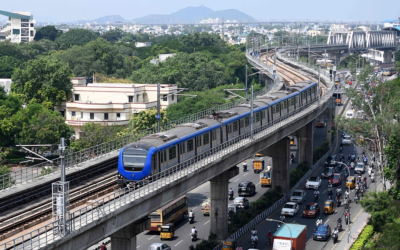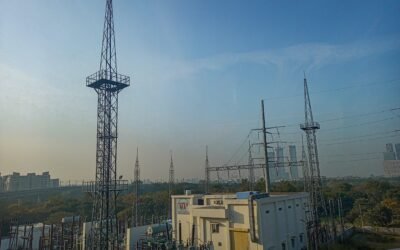Blog
South Asian Transition to a Low Carbon Economy: Analysis and Overview
Abstract In a developing country, a low-carbon society is a combined concept, capable of developing a sustainable model for economic development, lifestyle advances, climate change effects mitigation through transfer of technology, use of renewable energy, financing,...
Corporate Social Responsibility: Funding Projects Through Social Impact Bonds?
Abstract In the context of a raging pandemic and climate change, renewed attention has been granted to the notion of sustainability. This has necessitated the corporates to embrace ESG in their respective governance verticals. In such backdrop, this Blog Post provides...
Carbon Financing and its Potential to foster Economic Development in Africa
Abstract The upcoming and promising concept of carbon trading or financing looks like a hopeful developmental option for a lot of developing countries which can create appropriate green ecosystems. Africa is one of these counties. It is seen that through proper...
IBC v. Promoters: A Study of the Role and Treatment of Promoters in the Indian Corporate Insolvency Regime
Abstract In this article, the author has analyzed whether there is a need to alienate the incumbent promoters from the corporate debtor entirely and whether the present classification is fair and equitable. Further, the article also sheds some light on what was the...
Dissecting the Enigma of Defect Liability in Indian Infrastructure Contracts
Abstract Defect Liability is one of the most pertinent and heavily negotiated clauses in infrastructure contracts. This clause, by imposing a liability upon contractors to remedy its defective work, poses as a contractual relief in respect of the affected owner and as...
Bank Guarantees and their Injunctions in Construction Contracts
Abstract A construction contract is often defined by price, financial terms, quality, and time of completion, wherein price is one of most dominating factors in determining success of the construction projects. In providing priced bids for building contracts, cost...
Green Infrastructure from Niche to Mainstream: How Law and Policies play their Roles
Abstract Green Infrastructure (also known as GI) refers to planned and managed natural and semi-natural systems that provide a wider category of benefits pertaining to climate protection in comparison totraditional grey Infrastructure. It is also known as the...
Delicensing- The Conundrum of India’s Power Sector
Introduction India’s electricity sector is sub-divided into three arms which are generation, distribution and transmission. Generation is delicensed which means that the use of any type of power source, except for hydropower and nuclear energy to generate electricity,...
India’s Tryst with Energy Investment Arbitration and the Contemporary World
Abstract With the world changing its stance from non-renewable energy to renewable energy in its efforts to counter climate change, it has become imperative for nations to experiment with the legal regimes that are in place, specifically those developing nations that...
Taxability of VGF Allocated in a PPP Project
Abstract Infrastructure is the cornerstone upon which a nation rests its developmental underpinnings. Infrastructure in turn draws its sustenance from the gold dust known as capital which is far-flung and arduous to obtain. The arduousness increases exponentially when...
About Us
The Indian Journal of Projects, Infrastructure and Energy Law (IJPIEL) is a student-run law
journal and blog which was founded in July 2020 by a group of students from Universities
across the nation, led by its founder, Naman Anand.
Other Links
Our Story
Journal
Contact Us
Team










